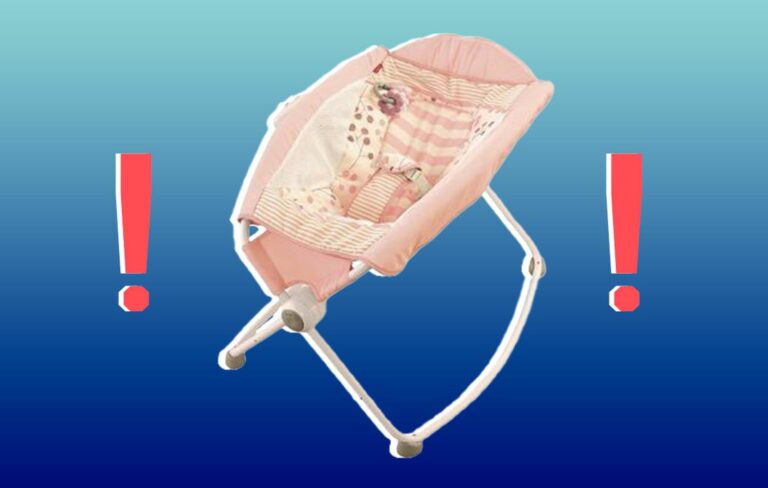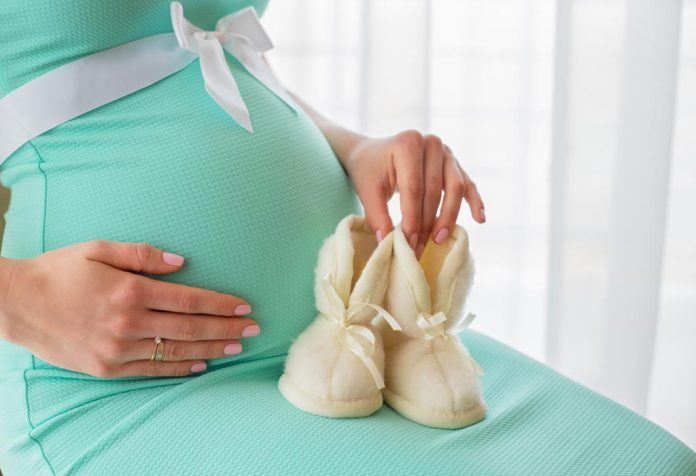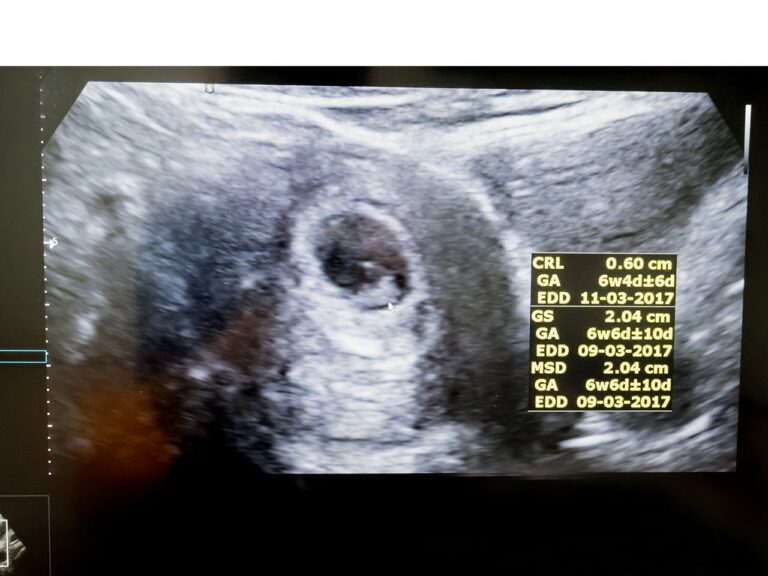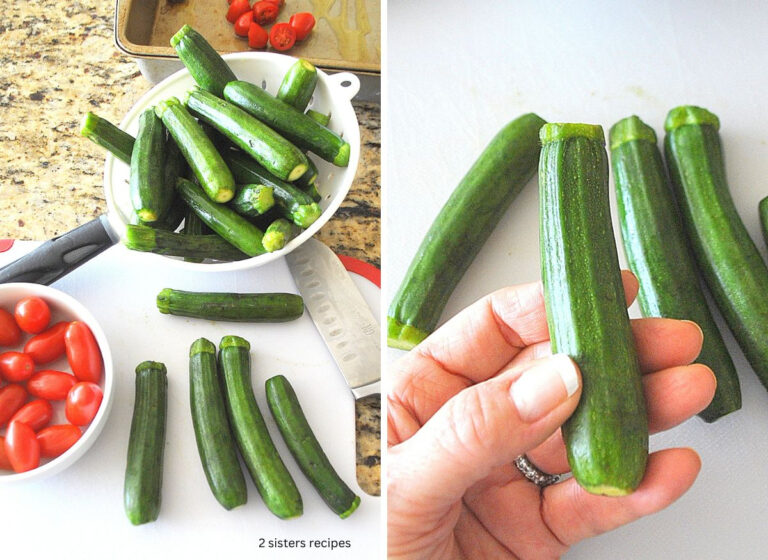When Do Baby Teeth Start Falling Out: A Comprehensive Guide
As a parent, one of the milestones you eagerly anticipate is the arrival of your child’s first teeth. But what about when those tiny pearly whites start to wiggle and eventually fall out? When Do Baby Teeth Start Falling Out is a common question that many parents have, and in this article, we will delve into everything you need to know about this natural process.
Knowledge
When it comes to baby teeth, the process of them falling out is a crucial part of your child’s dental development. Typically, baby teeth start to fall out around the age of 6 or 7 years old. This process is entirely normal and is a sign that your child’s permanent teeth are ready to make their grand entrance.
One of the first signs that your child’s baby teeth are about to fall out is when they become loose. This looseness is due to the roots of the baby teeth dissolving to make way for the permanent teeth underneath. It’s essential to encourage your child to wiggle the loose tooth gently to aid in its removal.
Some children may experience a small amount of bleeding when their baby teeth fall out. This is completely normal and should subside quickly. However, if the bleeding persists or is excessive, it’s best to consult with your child’s dentist.
Once the baby tooth falls out, your child may experience some discomfort or tenderness in the area. This is also normal and can be managed with over-the-counter pain relievers and a soft diet. It’s essential to remind your child not to touch the area too much to prevent any infection.
After the baby tooth falls out, the permanent tooth will gradually move into its place. This process can take a few weeks to complete, but eventually, your child will have a brand new permanent tooth in its place. It’s crucial to continue practicing good oral hygiene habits to ensure the health of your child’s new teeth.
Conclusion
In conclusion, understanding When Do Baby Teeth Start Falling Out is an essential part of your child’s dental care. By being knowledgeable about this natural process, you can help your child navigate this milestone with ease. The target audience for this information is parents and caregivers of young children who are experiencing or will soon experience the loss of baby teeth.
It’s important to remember that this process is a normal part of your child’s growth and development. By providing support and guidance during this time, you can ensure that your child maintains a healthy smile for years to come.
Overall, the process of baby teeth falling out is a natural and necessary part of your child’s dental development. By understanding when this process typically occurs and how to support your child through it, you can help them transition smoothly into a new phase of their oral health.






